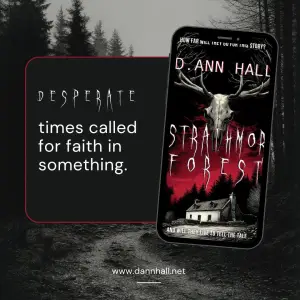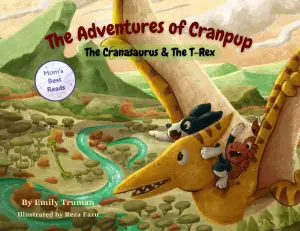I recently picked up The Keeper of Lost Things by Ruth Hogan, drawn by its enchanting premise of lost objects and the connections they weave between people. As an avid fan of character-driven narratives with a sprinkle of magical realism, this book promised to be a delightful escape, and I was eager to dive in.
The central figure, Anthony Peardew, resonated with me from the first chapter. A man burdened by the weight of his past—he lost a cherished keepsake from his fiancée on the very day she passed away. This emotional backdrop set the tone for the narrative, one that beautifully blended wit with wisdom, and tugged at the heartstrings. The concept of “lost things” was whimsical yet profound, reflecting our human tendency to hold on to memories and the significance we assign to objects.
One of the most endearing aspects of the book was the character of Laura, Anthony’s assistant, who finds her own life mirrored in the objects she helps Anthony preserve. As she struggles with recovery from a tough divorce, her journey to reconnect with the world around her became an inspiring parallel to Anthony’s quest—for both, the act of reconnection was a pathway to healing. This theme of redemption and the rekindling of hope was beautifully executed, making Laura’s transformation both relatable and uplifting.
However, not all was perfect. While I thoroughly enjoyed the storytelling, some sections felt a bit drawn out. A few plot points, particularly in the backstory of characters like Eunice, at times seemed to lose momentum, momentarily pulling me out of the enchanting world Hogan created. Though I appreciated the depth these backstories provided, a tighter narrative flow would have elevated the reading experience even further.
Another critique I encountered from fellow readers was the pacing. I found parts of the narrative to have a leisurely pace, which might not be for everyone. I enjoy a slower unfolding of events as it allows for deeper character development. However, I can see how some readers might find this pace a bit meandering, particularly if they prefer a plot-centric approach.
Nonetheless, the charm of The Keeper of Lost Things lies in its exploration of human connections—reminding us that the objects we lose can often lead us back to people we didn’t know we were seeking. Hogan skillfully illustrates this idea with humor and grace, and I found myself reflecting on my own "lost things" throughout the read.
The writing itself sparkled with witty observations and a warmth that makes you feel right at home. The humor felt natural, often emerging during poignant moments, and underscored the beautiful unpredictability of life. The characters, especially the irritable ghost and the delightful Sunshine, provided light-hearted relief that complemented the more serious themes of love, loss, and healing.
In summary, The Keeper of Lost Things offered me a charming journey through the life of its characters, filled with laughter, tears, and a sense of wonder about the connections that bind us. It’s a celebration of the treasures—both tangible and intangible—that define our lives.
While it had its flaws in pacing and narrative flow at times, I found the overall experience heartwarming and deeply insightful. If you’re a fan of stories filled with character and emotion, and if you enjoy the interplay of the magical and the mundane, I wholeheartedly recommend this book. It’s a delightful read that may encourage you to cherish not just the objects we lose but the connections we form along the way.








